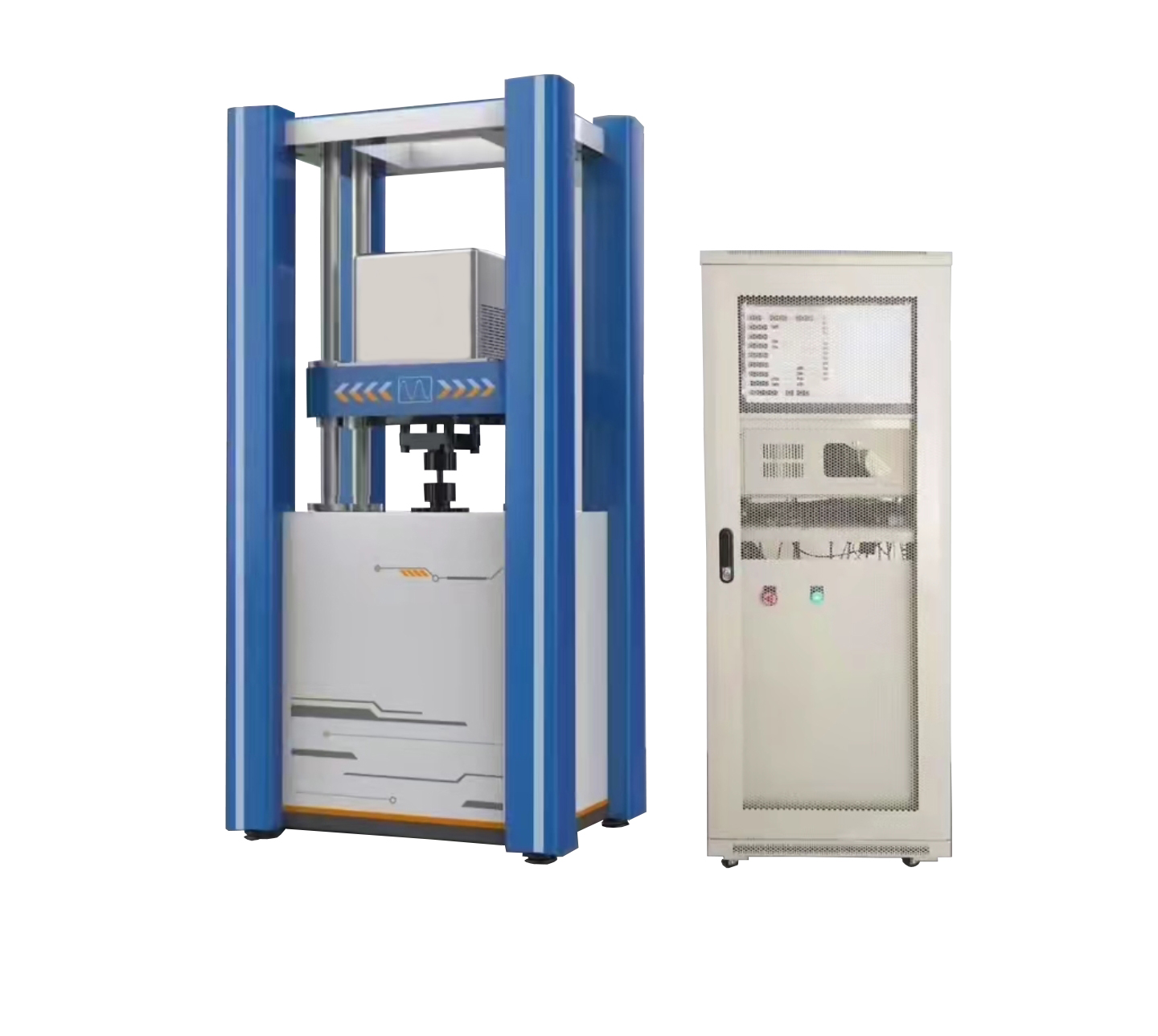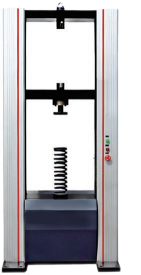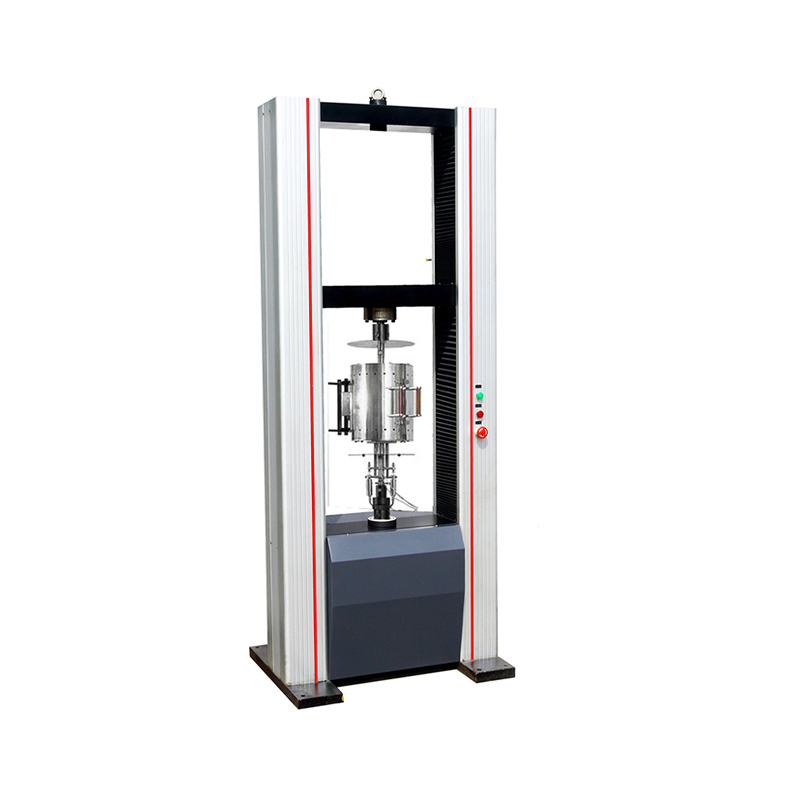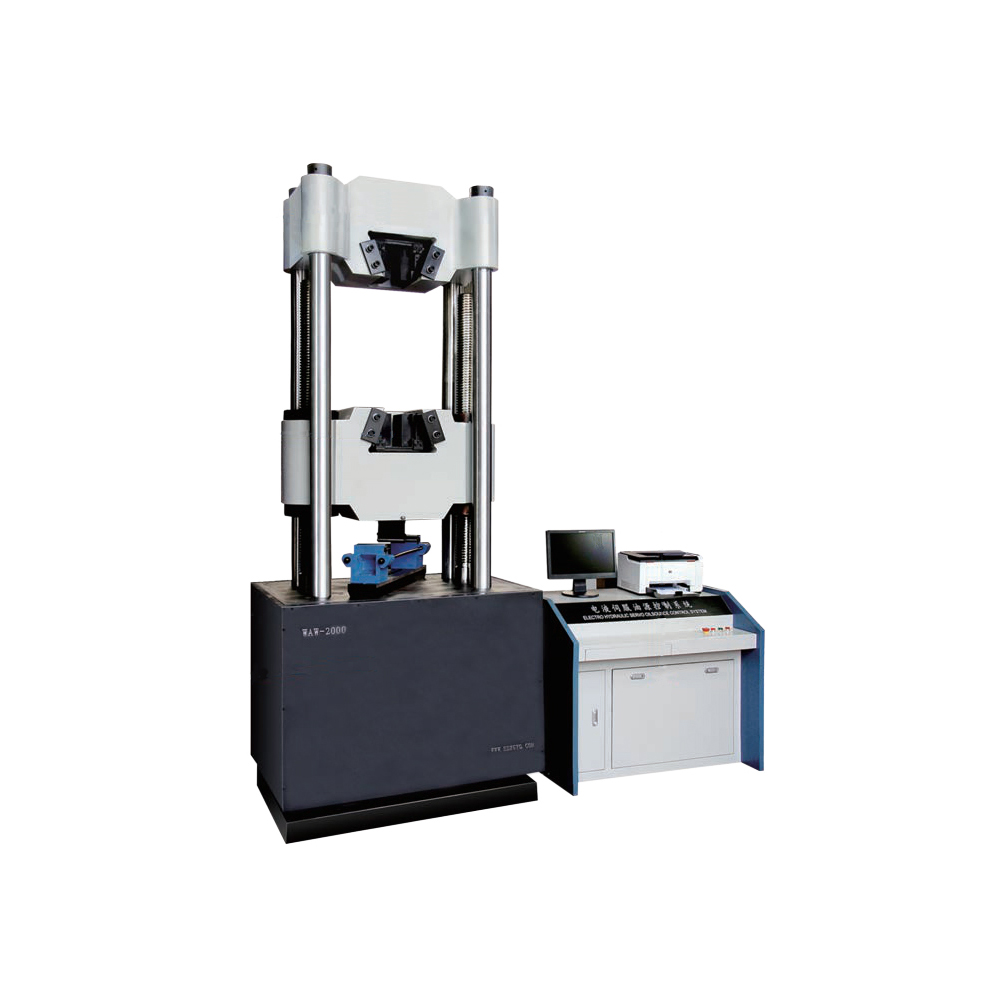Horizon Technology: Your Partner in Mechanical Testing Excellence
Mechanical testing machines play a crucial role in various industries and fields, including materials science, manufacturing, construction, aerospace, automotive, and many others. These machines are designed to evaluate the mechanical properties of materials and components, providing valuable information about their strength, durability, and performance. Here's a detailed analysis of the importance of mechanical testing machines:
Quality Control and Assurance:
Mechanical testing machines are essential for quality control and assurance in manufacturing processes. They help ensure that products meet the required standards and specifications. By testing materials and components, manufacturers can identify defects, weaknesses, or inconsistencies early in the production process, reducing the likelihood of faulty products reaching consumers.
Material Characterization:
Mechanical testing machines are used to characterize the mechanical properties of materials, such as tensile strength, hardness, toughness, elasticity, and ductility. This information is crucial for selecting the right materials for specific applications, designing products, and predicting their performance under different conditions.
Product Design and Development:
Engineers and product designers rely on mechanical testing data to make informed decisions during the design and development of new products. This includes selecting materials, determining component sizes and shapes, and optimizing designs to meet performance requirements and safety standards.
Research and Development:
In research and development (R&D) activities, mechanical testing machines are indispensable for studying the behavior of materials under various conditions, such as extreme temperatures, pressures, and loading scenarios. Researchers use these machines to develop innovative materials and products with improved performance and reliability.
Safety and Compliance:
Mechanical testing helps ensure that products, structures, and materials comply with industry-specific safety standards and regulations. This is particularly important in fields such as construction, aerospace, and automotive, where product failure can have catastrophic consequences.
Predictive Maintenance:
In industries where equipment reliability is critical, such as aviation and energy, mechanical testing machines are used for predictive maintenance. By regularly testing and monitoring components and materials, maintenance teams can identify signs of wear and fatigue before they lead to costly failures.
Performance Evaluation:
Mechanical testing machines allow organizations to evaluate the performance of existing materials and components over time. This information can lead to product improvements, extended service life, and cost savings by optimizing maintenance and replacement schedules.
Material Development:
Material scientists use mechanical testing to develop new materials with improved properties. This research can lead to the creation of lightweight and high-strength materials, which have applications in various industries, including aerospace and automotive.
Failure Analysis:
When materials or products fail, mechanical testing machines are used to conduct failure analysis. This helps identify the root causes of failures, whether they are due to design flaws, manufacturing defects, or material weaknesses. Understanding failure modes is crucial for preventing similar issues in the future.
Education and Training:
Mechanical testing machines are valuable tools for educational institutions and training programs. They allow students and professionals to gain hands-on experience in understanding material behavior and mechanical properties, contributing to the development of skilled professionals in various industries.
In conclusion, mechanical testing machines play a multifaceted and indispensable role in ensuring the quality, safety, and reliability of products and materials across numerous industries. Their ability to provide precise data on mechanical properties is vital for materials selection, product design, and research and development, ultimately leading to improved product performance and safety.
Mechanical testing equipment encompasses a wide range of instruments and machines designed to evaluate the mechanical properties of materials and components. These instruments are used in various industries for research, quality control, and product development. Here are some common types of mechanical testing equipment:
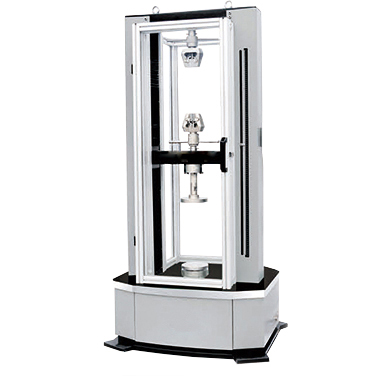
Universal Testing Machine:
Tensile Testing Machine (UTM): Measures the tensile strength, yield strength, and elongation of materials under tensile (pulling) forces.
Compression Testing Machine: Evaluates the compressive strength of materials by applying compressive forces.
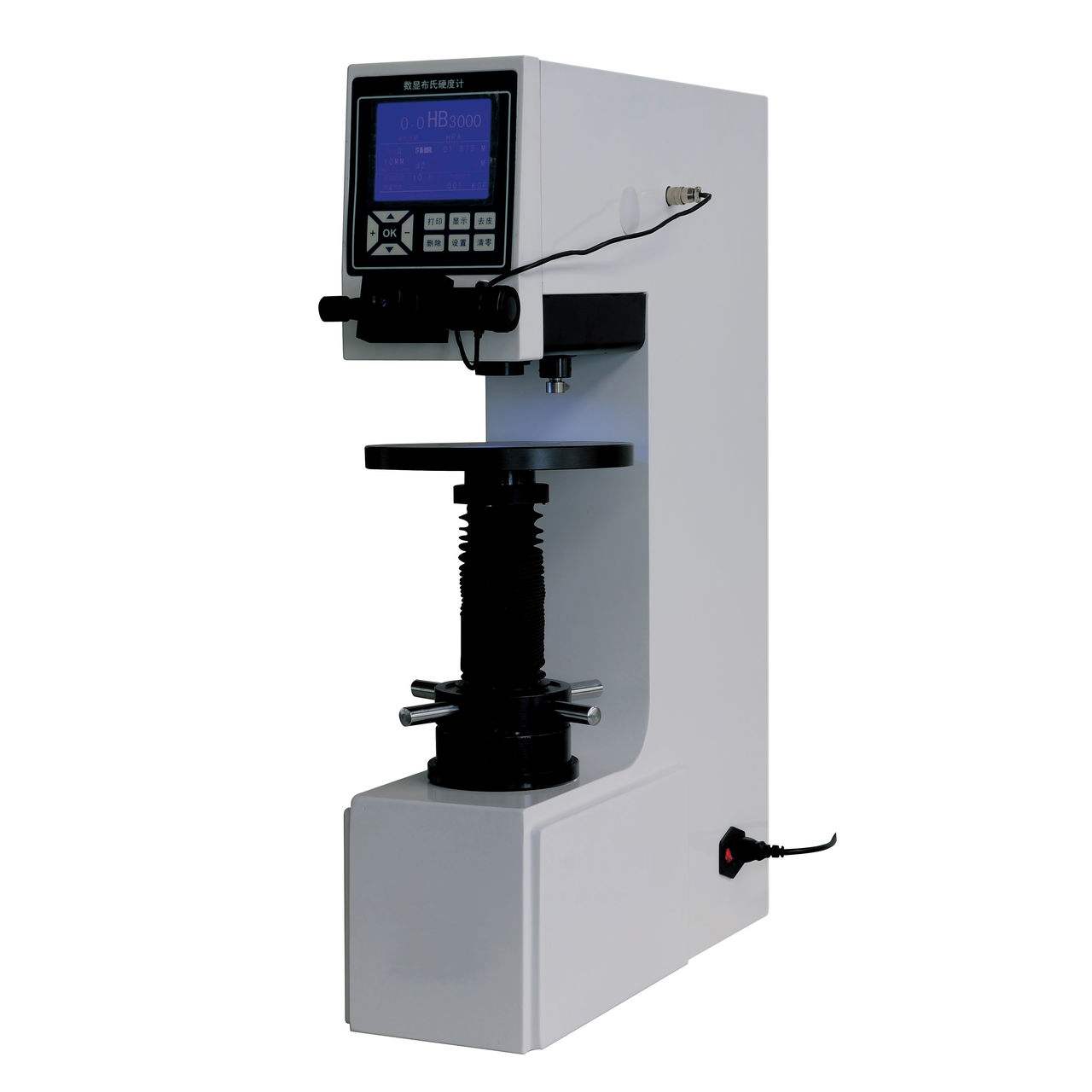
Hardness Testing Machines:
Rockwell Hardness Tester: Measures the hardness of materials using a specific indenter and load.
Brinell Hardness Tester: Determines material hardness by pressing a hardened steel ball into the surface of a material.
Vickers Hardness Tester: Measures hardness by creating an indentation using a pyramid-shaped diamond indenter.
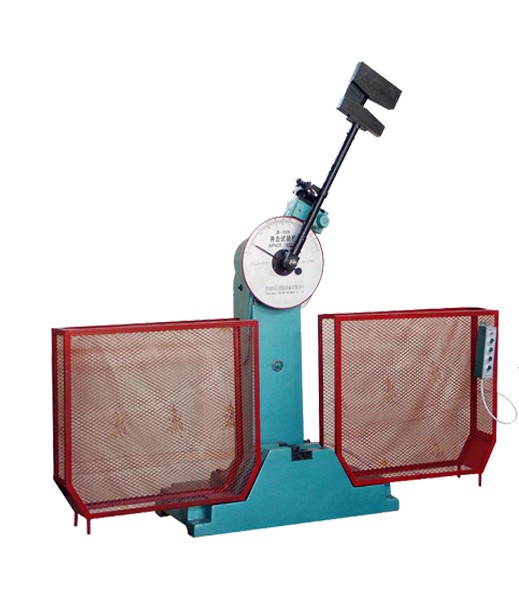
Impact Testing Machines:
Charpy Impact Tester: Evaluates the impact resistance of materials by measuring the energy absorbed during a pendulum impact test.
Izod Impact Tester: Measures the impact resistance of materials by striking a notched sample with a pendulum.
Fatigue Testing Machines:
Fatigue Testing Machine: Determines how materials and components behave under cyclic loading conditions, such as repeated bending or tension-compression cycling.
Flexural Testing Machines:
Spring Testing Machines:
Measures the properties of springs, such as spring rate and load capacity.
Creep Testing Machines:
Assess the creep behavior of materials over time under a constant load and elevated temperature.
Hydraulic Testing Machines:
Utilize hydraulic systems to apply controlled forces and measure material properties like tensile strength, compression strength, and more.
Horizon Technology,as a leading company specializing in mechanical testing solutions, we are dedicated to helping you unlock the true potential of your materials and components.
With a relentless commitment to quality, innovation, and customer satisfaction, we offer a comprehensive range of cutting-edge mechanical testing equipment and services tailored to meet your specific needs. Whether you're in manufacturing, research and development, or quality control, our solutions empower you to make informed decisions, enhance product reliability, and achieve superior results.
Our team of experts brings decades of experience to the table, ensuring that you receive the highest level of support and expertise throughout your testing journey. From tensile testing to hardness evaluation, impact testing to fatigue analysis, we have the tools and knowledge to help you succeed.
At Horizon Technology, we understand that accuracy, reliability, and efficiency are paramount in the ever-evolving landscape of materials science and engineering. That's why our state-of-the-art testing equipment is designed to deliver precise results, enabling you to stay ahead of the curve and drive innovation in your industry.
We invite you to explore our range of mechanical testing solutions and discover how Horizon Technology can be your trusted partner in achieving mechanical testing excellence. Together, we can ensure the integrity, safety, and performance of your materials and products, setting new horizons for success.
Contact us today to learn more about our offerings and how we can tailor our services to your unique requirements. Join the ranks of industry leaders who rely on Horizon Technology for unmatched precision and reliability in mechanical testing.

